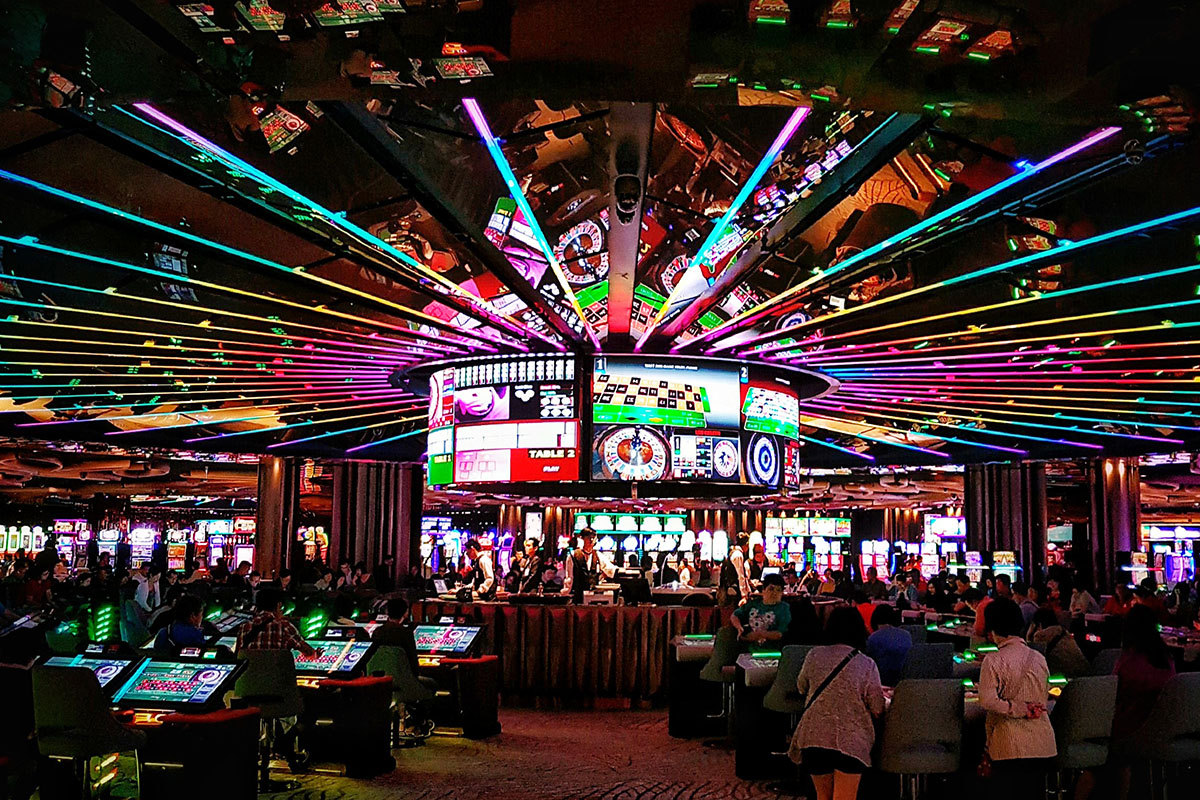
This world of gambling games has experienced a significant evolution in past times, propelled by tech advancements and shifting consumer preferences. As more players shift to online platforms for entertainment, conventional casino activities are being increasingly modified to satisfy the demands of a tech-savvy consumer base. This transition not only includes the shift from brick-and-mortar to digital spaces but also encompasses the development of gaming systems and user engagement techniques.
In this emerging digital age, video game developers are harnessing innovative techniques to develop immersive experiences that appeal with a varied range of gamers. From web-based fruit machines with stunning visuals to dynamic card activities that replicate the atmosphere of a live casino, the adaptation process is changing how we perceive and enjoy casino activities. As we navigate this fascinating journey, it becomes evident that the future of gambling lies in the seamless integration of cutting-edge technology with the everlasting appeal of luck and strategy.
A Development of Casino Games
Casino entertainment have gone through significant evolutions throughout history, demonstrating changes in tech, culture, and gamer choices. In early times, simple games of chance were played using primitive materials such as rocks and bones. As civilizations evolved, so did the sophistication of these activities. The emergence of card games in the medieval period marked a crucial moment, leading to the development of popular titles like poker and blackjack, which are continuously enjoyed today. Over the years, the physical layout of gambling establishments has also transformed, shifting from tiny local venues to grand, ornate establishments.
The 20th century witnessed a transformation in the realm of gambling games with the advent of electronic gaming. Slot machines appeared as a popular draw, captivating players with their vibrant lights and audio effects. This era also saw the rise of casino resorts, which combined high-end accommodations with a diverse array of casino options. non GamStop casinos UK The launch of video games further expanded the landscape, allowing for more complex designs and gameplay mechanics. These developments not only attracted a broader audience but also altered the way casino games were played.
With the rise of the web in the final 90s and early 2000s, casino entertainment entered a new digital phase. Virtual casinos emerged, providing participants with the convenience of playing from their own spaces. This transition required gaming developers to rethink traditional mechanics and adapt them for an engaging digital environment. Today, advancements in technology, including mobile gaming and VR, persist to shape the evolution of gambling entertainment, creating engaging experiences that captivate players like never before.
Primary Attributes of Digital Casino Games
Virtual gambling experiences have changed the way participants engage with casino gaming by delivering engaging experiences that echo the thrill of physical casinos. One of the most significant features is the integration of high-quality graphics and animations, resulting in a visually striking environment. Game creators focus on delivering authentic themes and enthralling storylines that entice players into the game, enhancing their overall experience. The capability to offer 3D visuals and spectacular sound effects means that players can experience a lively atmosphere akin to what they would find on a casino floor.
Another key aspect of online gambling games is the convenience they offer to players worldwide. Web-based services enable individuals to play their favorite games from the comfort of their own homes or on the go through mobile devices. This comfort is accompanied by a diverse selection of gaming choices, including video slots, card games, and live gaming experiences. Players no longer need to commute to a casino to enjoy their preferred betting experiences, allowing a larger audience to engage with gambling experiences.
Lastly, digital casino games frequently integrate innovative features such as immersive play and community features. Many games now allow players to go head-to-head against one another, enter tournaments, or even share their accomplishments on online platforms. This shift encourages a sense of belonging among players while encouraging positive competition. Additionally, features like customizable avatars and in-game chat options improve social interaction, making the digital gaming experience even more thrilling for all users.
The Outlook of Online Gaming
When technology makes progress, the landscape of online gaming is set for significant transformation. Virtual and augmented reality are making waves, offering players an engaging adventure that mirrors the thrill of being in a brick-and-mortar casino. These advancements create opportunities for game designers to introduce innovative game formats and interactive features, reshaping how players interact with their preferred casino games.
Additionally, the integration of AI is elevating user experiences and customizing gameplay. AI can assess player behavior, offer tailored game options, and improve customer support through automated assistants. This personalization not only maintains players engaged but also helps build a dedicated community around specific casino platforms, positioning them for success in a competitive market.
Ultimately, the rise of mobile gaming is another crucial factor shaping the future of online gaming. With an ever-growing number of players accessing casino games on their phones, creators are focusing on optimizing their platforms for smartphone compatibility. This transition allows players to play casino games wherever they are, paving the way for a more dynamic and approachable gaming environment that attracts a larger audience.
